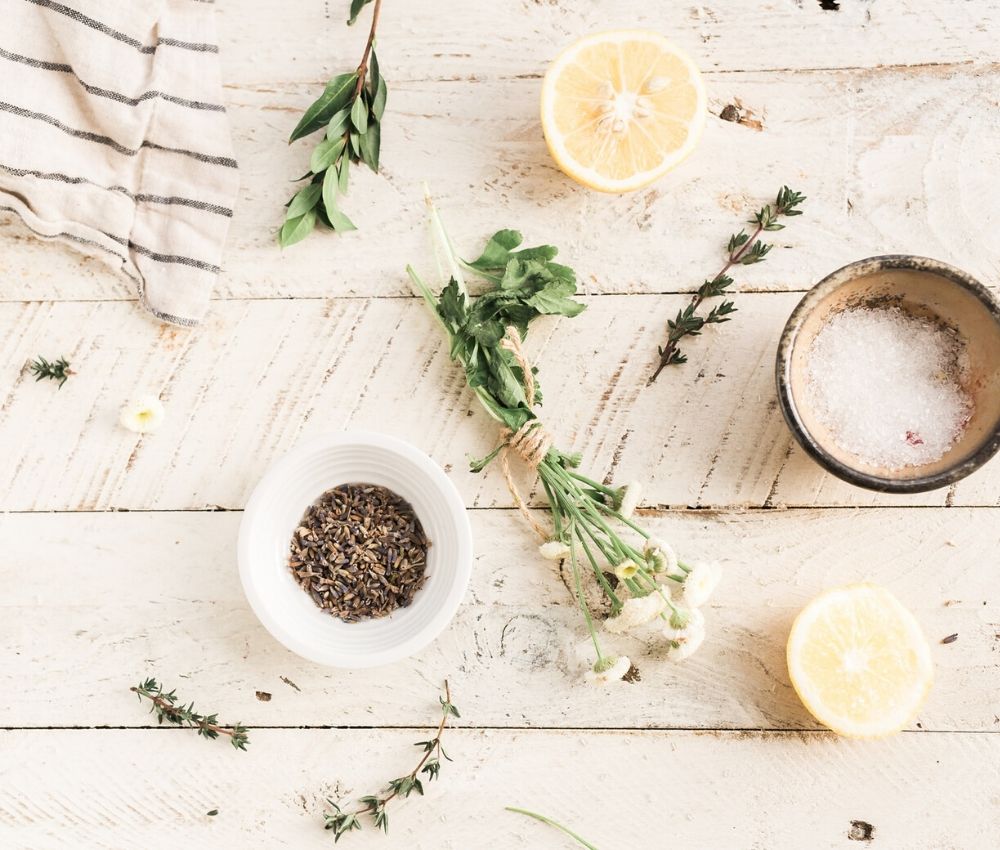- Feel Good
- 13th Mar 2020
- 951 Views
- 0
- 1 minutes
Ayruveda | Ancient wisdom for modern self-care

With a recent rise in Ayruvedic books, workshops and products to help us gain control of cravings, sleep better and reduce stress, HLN’s Hannah Bullimore finds out what it is and how can it help us, to help ourselves.










Comments